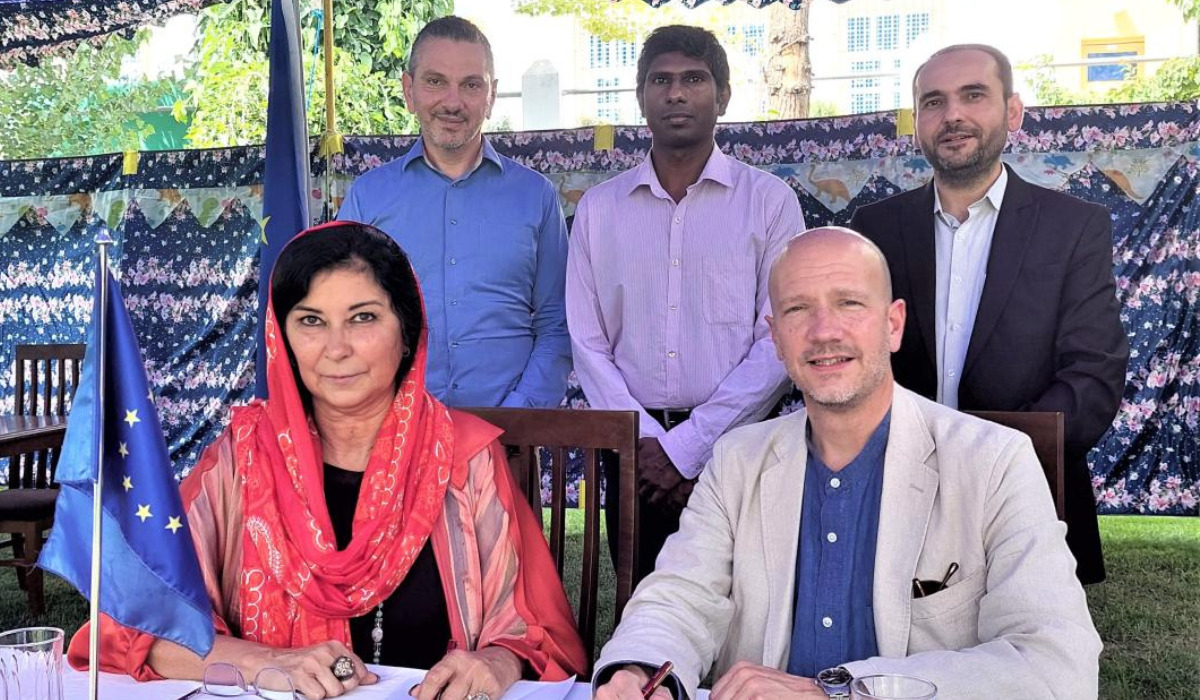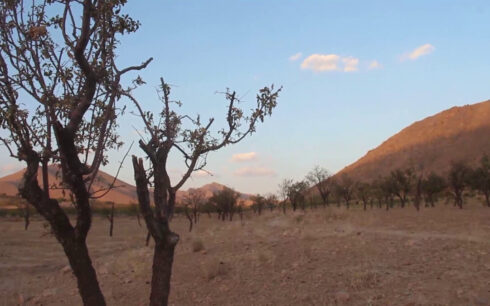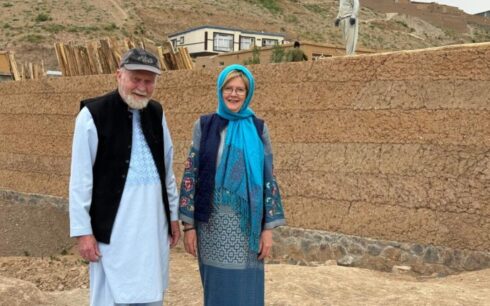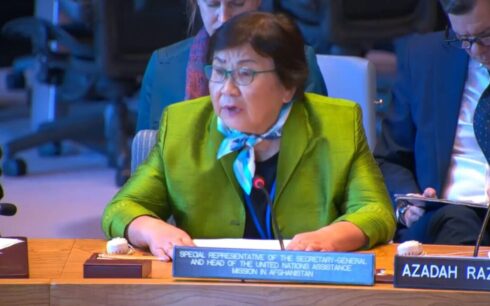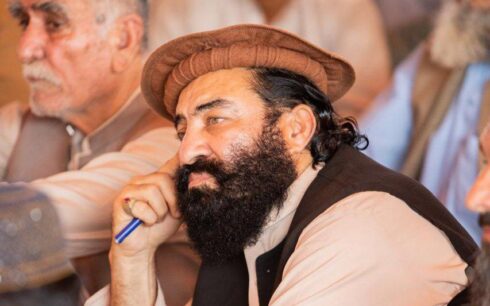The European Union has allocated €12 million to its partners of the Aga Khan Foundation, the Danish Refugee Council and the Rehabilitation Association and Agriculture Development for Afghanistan in support of vulnerable people in Afghanistan, the EU office in Afghanistan said in a statement.
The funding announced on Thursday provides principled basic needs support to Afghans caught up in the world’s largest humanitarian crisis, said the statement.
Support includes assistance to ensure sustainable food production, climate-smart agriculture and resilient infrastructure, community-based employment, income-generation and savings opportunities, and market-oriented business development, the statement added.
The EU said that the implementation of the support will follow a principled approach, with focused support delivered to the most vulnerable segments of the population, as framed by the EU Council Conclusions dated 20 March 2023.
“In Afghanistan, millions go hungry while climate change is expected to exacerbate the situation for many Afghans, especially women,” said Raffaella Iodice, EU Chargée d’Affaires of the EU Delegation to Afghanistan. “The European Union – together with its partners – stands by the Afghan people. Investment into sustainable food production, climate-smart agriculture and resilient infrastructure makes a real difference to the lives of Afghans today and in the future.”
“This project will support efforts to safeguard the livelihoods of some of the most marginalized communities in Afghanistan and build their resilience to external shocks and stressors. The funding will directly contribute to improved food and income security for vulnerable households, and promote their self-reliance”, said Najmuddin Najm, CEO of Agha Khan Foundation Afghanistan.
“The EU funding will enable us to deliver much-needed basic needs assistance to crisis-affected Afghans to promote their resilience and support to the recovery of key markets for sustainable income-generation and employment creation in underserved areas of Afghanistan,” said Pulendran Tharmendra, Danish Refugee Council Afghanistan.
“Through this project, we will support the livelihoods of 7000 families by improving their social, financial, and physical resources and strengthening their socio-economic status in the community. In the long-term, it will contribute to the development of the silk, saffron, and raisin value chains and provide a sustainable income generation source for the people of Herat and Farah provinces”, said Nazir Ahmad Ghafoori, Director of RAADA Organization.
EU says that over a 36-month period, the program targets rural, underserved areas of northern, central highlands and western Afghanistan.
Altogether, the action will directly benefit over 70,000 individuals (of which 62% are women) and close to 500,000 household members across seven provinces, including Bamyan, Baghlan, Samangan, Badakhshan, Takhar, Herat and Farah.
The community-based and market-oriented interventions will ensure that beneficiaries remain autonomous and act more sustainably, while also helping them to adapt to and recover from future shocks more swiftly, the statement mentioned.

